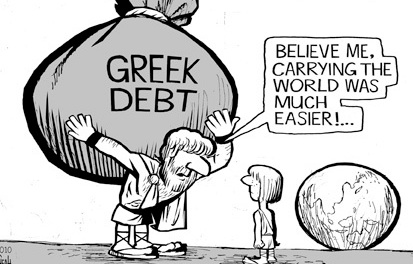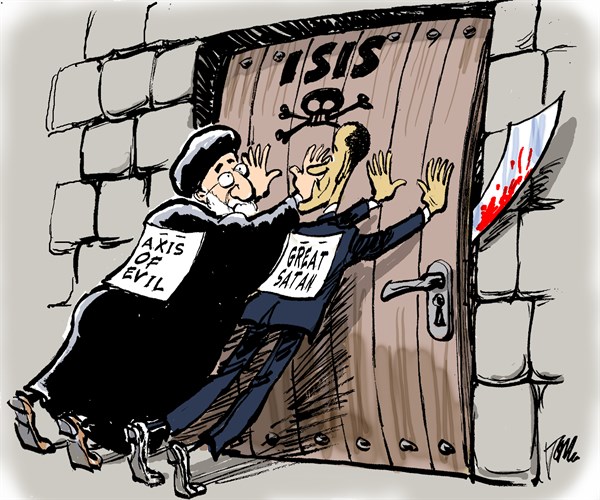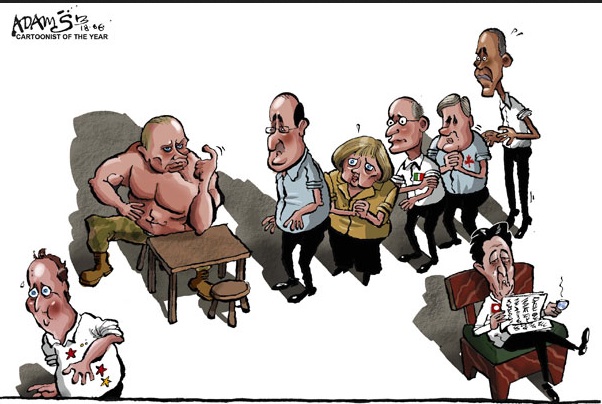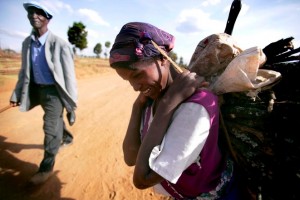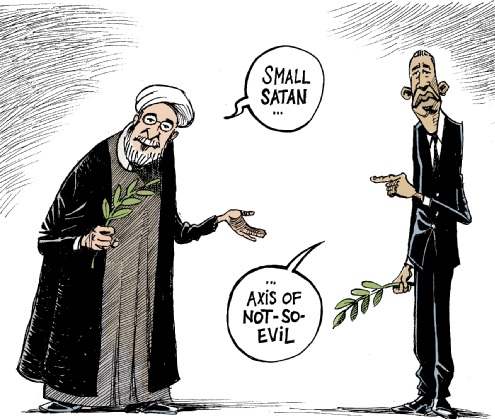Hans-Werner Sinn writes: Game theorists know that a Plan A is never enough. One must also develop and put forward a credible Plan B – the implied threat that drives forward negotiations on Plan A. Greece’s finance minister, Yanis Varoufakis, knows this very well. As the Greek government’s anointed “heavy,” he is working Plan B (a potential exit from the eurozone), while Prime Minister Alexis Tsipras makes himself available for Plan A (an extension on Greece’s loan agreement, and a renegotiation of the terms of its bailout). In a sense, they are playing the classic game of “good cop/bad cop” – and, so far, to great effect.
Plan B comprises two key elements. First, there is simple provocation, aimed at riling up Greek citizens and thus escalating tensions between the country and its creditors. Greece’s citizens must believe that they are escaping grave injustice if they are to continue to trust their government during the difficult period that would follow an exit from the eurozone.
Second, the Greek government is driving up the costs of Plan B for the other side, by allowing capital flight by its citizens. If it so chose, the government could contain this trend with a more conciliatory approach, or stop it outright with the introduction of capital controls.
Other eurozone central banks are forced to create new money to fulfill the payment orders for the Greek citizens, effectively giving the Greek central bank an overdraft credit, as measured by the so-called TARGET liabilities. In January and February, Greece’s TARGET debts increased by almost €1 billion ($1.1 billion) per day, owing to capital flight by Greek citizens and foreign investors. At the end of April, those debts amounted to €99 billion.
A Greek exit would not damage the accounts that its citizens have set up in other eurozone countries – let alone cause Greeks to lose the assets they have purchased with those accounts. A similar situation arises when Greek citizens withdraw cash from their accounts and hoard it in suitcases or take it abroad.
The ECB bears considerable responsibility for this situation. By failing to produce the two-thirds majority in the ECB Council needed to limit the Greek central bank’s self-serving strategy, it has allowed the creation of more than €80 billion in emergency liquidity, which exceeds the Greek central bank’s €41 billion in recoverable assets.
If the ECB finally removes Greece’s liquidity safety net, the Greek government would be forced to start negotiating seriously, because waiting would no longer do it any good. But, with the stock of money sent abroad and held in cash having already ballooned to 79% of GDP, its position would remain very strong.
In other words, thanks largely to the ECB, the Greek government would be able to secure a far more favorable outcome – including increased financial assistance and reduced reform requirements – than it could have gained at any point in the past.
